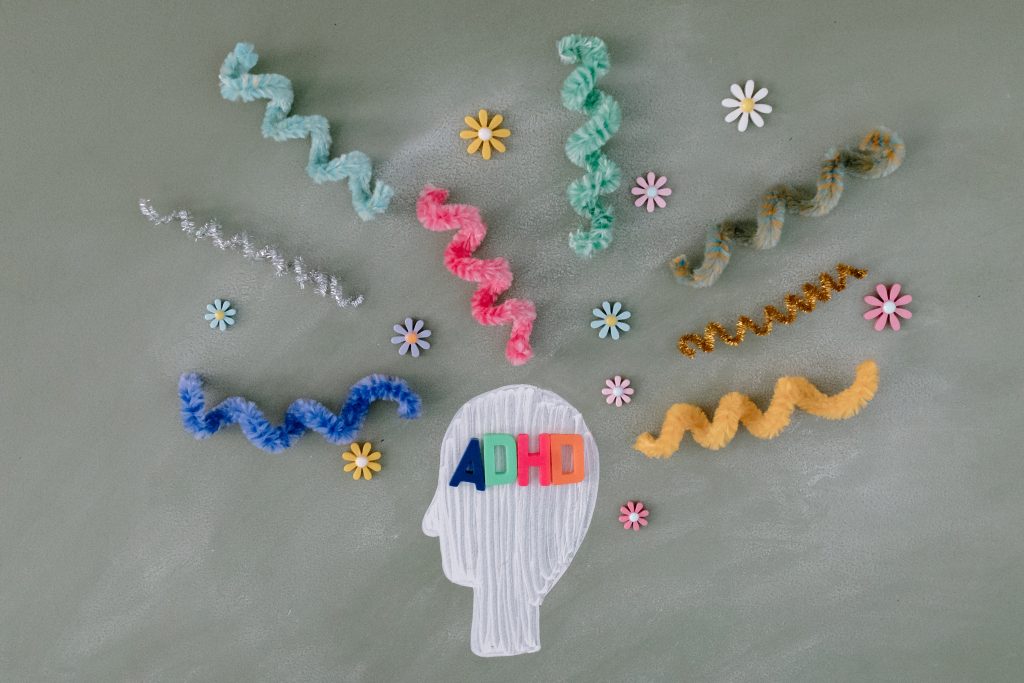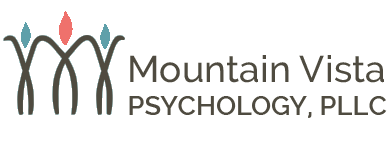
ADHD, or attention-deficit/hyperactivity disorder, is a neurobehavioral disorder that makes
focusing on everyday tasks and routines challenging. It is suggested that ADHD is the most
common childhood mental health issue in modern society. Some statistics suggest that 1 in every
10 children will be diagnosed with ADHD at some point. ADHD is not unique to just children,
however. Many adults also find themselves living daily with the challenges that ADHD presents.
Many people with ADHD report fewer or diminished symptoms as they age, especially as self-
regulation is learned over time. While every individual is different, some of the common
symptoms include inability to focus, daydreaming, emotional outbursts, difficulty remaining
still, unfinished tasks, interrupting, and excessive talking. Adults with ADHD might have a
harder time with time management, multitasking, planning, and disorganization. Like most
conditions, the cause of ADHD is complex and multidimensional. As more research is being
done on ADHD, it is thought that genetics and environmental influences may play a big role in
acquiring the disorder but there is still much to learn about it.
Treatment of ADHD
Fortunately, there are a few reputable treatment options for ADHD. Medication, behavioral
treatments and neurofeedback training are all used to treat ADHD.
ADHD, or attention-deficit/hyperactivity disorder, is a neurobehavioral disorder that makes
focusing on everyday tasks and routines challenging. It is suggested that ADHD is the most
common childhood mental health issue in modern society. Some statistics suggest that 1 in every
10 child will be diagnosed with ADHD at some point. ADHD is not unique to just children,
however. Many adults also find themselves living daily with the challenges that ADHD presents.
Many people with ADHD report fewer or diminished symptoms as they age, especially as self-
regulation is learned over time. While every individual is different, some of the common
symptoms include: inability to focus, daydreaming, emotional outbursts, difficulty remaining
still, unfinished tasks, interrupting, and excessive talking. Adults with ADHD might have a
harder time with time management, multitasking, planning, and disorganization. Like most
conditions, the cause of ADHD is complex and multidimensional. As more research is being
done on ADHD, it is thought that genetics and environmental influences may play a big role in
acquiring the disorder but there is still much to learn about it.
Treatment of ADHD
Fortunately, there are a few reputable treatment options for ADHD. Medication, behavioral
treatments and neurofeedback training are all used to treat ADHD:
- Medication: The most commonly used ADHD medications are stimulants. Stimulants work by increasing brain activity, particularly targeting the areas of the brain responsible for attention and behavior. It is important to be on the right medication and take the appropriate dosage in order for this to be a successful intervention. Typically, the most effective treatment plan for ADHD includes a mix of medication, therapy, and lifestyle changes.
- CBT ( Cognitive Behavioral) Therapy: Through the use of CBT therapy, an individual with ADHD may learn some great coping skills to help with the challenges presented on a daily basis. The use of coping skills, such as deep breathing, is an effective way to help manage ADHD symptoms. In addition, CBT helps individuals reframe their thoughts, which in turn will have an impact on behaviors. CBT therapy can teach specific interventions to help address unhelpful thoughts and beliefs to encourage positive behavior change.
- Neurofeedback Training: Neurofeedback is an evidence based option for individuals who are wary about using medications or are looking for an alternative treatment. Neurofeedback is a therapy that uses real-time data to help people train their brain to regulate activity. The brain can be taught to produce more or less brain waves that will alleviate ADHD symptoms. To learn more about neurofeedback training, check out the Mountain Vista Psychology website.
While ADHD is a common diagnosis, the good news is there are treatment options and effective
ways to manage the symptoms. If you feel as though you are having time focusing or notice
someone you love is, you can talk to your doctor or therapist about treatment options!

Dr. Steffanie Stecker a licensed psychologist and the owner and clinical director of Mountain Vista Psychology, PLLC.
In addition, she is a board certified neurotherapist (BCN E5669) and board certified in QEEG (QEEG-D). Less than 100 people world wide are board certified in QEEG, which indicates competency in reading QEEGs and choosing neurofeedback protocols. Dr. Stecker is passionate about brain based effective therapy and creating a safe relationship for her clients to create change. She loves what she gets to do each day!
